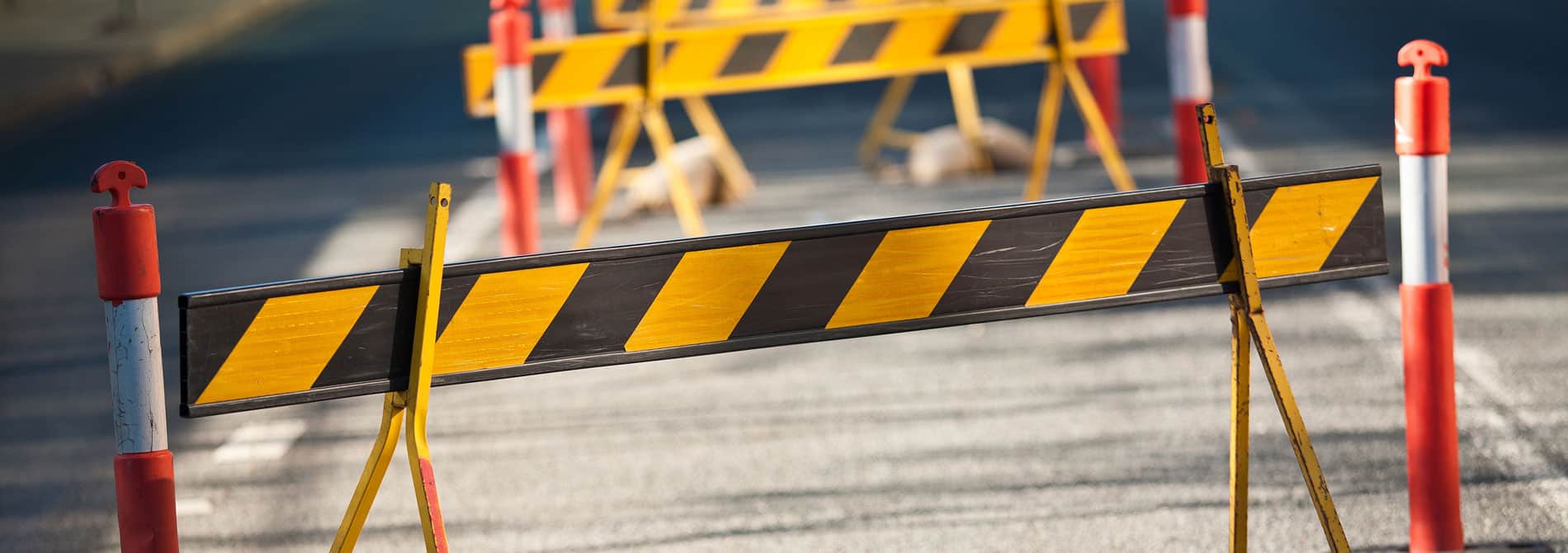A loved one’s addiction is a complex issue, and understanding the nuances of each person’s struggle with addiction can feel like an endless journey. You’re looking at everything from how it started and how to get them help to how it affects your family member and how it affects you. To help you become a better informed and more caring supporter, let’s simplify our conversation today by looking at five things you need to know to understand what’s going on and reframe your way of looking at addiction.
Understanding the impact of addiction on a loved one is a valuable first step in serving as a support system for them during and after drug or alcohol treatment. Seeing addiction as an outcome of what may be many years of substance use allows you to note the responsibility your loved one has in their addiction, while recognizing the role of underlying mental health issues, such as depression or PTSD, can help you see the value in your family member receiving dual diagnosis treatment. The knowledge and insight you gain into addiction overall and into your loved one’s specific kind of addiction can be helpful as you guide them towards suitable inpatient or outpatient treatment at a reputable facility.
1. ADDICTION IS AN OUTCOME.
Let’s start by looking at addiction as an end result. It didn’t start yesterday, of course. For some family members, the addiction could be the result of years of misuse, even decades. Because it’s the end result of many variables over a long-term period, it cannot be undone by simply stopping the use of drugs or alcohol.
2. ADDICTION IS A WARNING SIGN.
Drug and alcohol addiction is a symptom of other issues present in your loved one’s life, whether visible or hidden. The inability to manage these other issues may be a contributing factor to substance use that preceded your loved one’s addiction. Mental health may be one of those underlying issues with your loved one living with depression, anxiety, PTSD, or some other mental health concern.
3. ADDICTION IS A ROADBLOCK.
Addiction becomes a barrier in many areas of life. It’s a barrier to maintaining healthy relationships. It interferes with good physical, mental, and emotional well-being. It can even get in the way of job and career goals, affect financial stability, lead to loss of housing, and create legal consequences with potential jail or prison time.
4. ADDICTION IS A BILLBOARD.
The changes in behavior you’re seeing (or hearing about) in your loved one may be “advertising” a growing drug or alcohol problem. It can show up in many forms, including compulsive gambling, unprotected sex, compulsive shopping in stores or online, an obsession with phones or other digital devices, and more. It takes a great deal of effort to mask behaviors related to drug and alcohol use, and it’s likely you may have seen some of them without consciously realizing what may be going on with your loved one.
5. ADDICTION IS A CALL-TO-ACTION.
For both the person living with addiction and their loved ones, a substance use disorder is a direct invitation to find treatment in order to restore a person’s health and well-being before more damage is done. That call-to-action for some may be an intensive outpatient program while for others the answer might be an inpatient program. Making informed decisions is an important part of that call-to-action so it’s imperative to do your research first to ensure the kind of treatment your loved one is receiving is most aligned with their needs.
As we mentioned above, addiction is complex and our list just touches on some key areas of how your loved one might be impacted by it. These areas may include changes in behavior, changes in health and well-being, and difficulty handling traumatic memories. The more you learn about addiction, in general, and how it’s affected your family member, the more equipped you will be to guide them towards treatment and serve as a support system throughout their recovery and upon their return to life after rehab.
Hannah’s House is a well-known care provider offering a range of treatment programs targeting the recovery from substance use, mental health issues, and beyond. Our primary mission is to provide a clear path to a life of healing and restoration. We offer renowned clinical care for addiction and have the compassion and professional expertise to guide you toward lasting sobriety. For information on our programs, call us today: 866-952-5532.



